☰ Cardiff Scientific Society
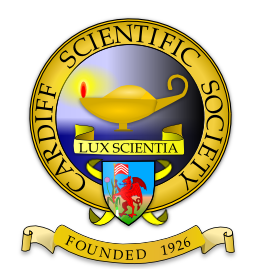
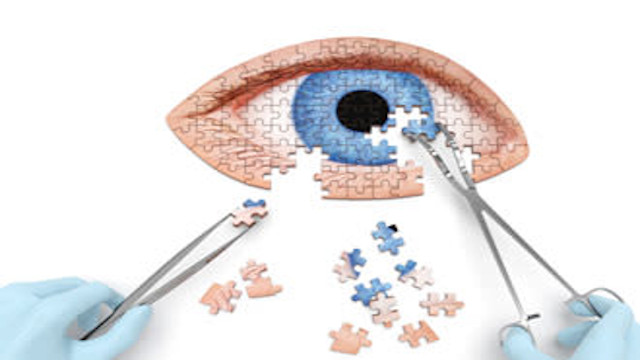
Science and the Medicine of Eyes - With an Eye to the Future
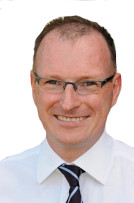
Dr Chris Gorman
University Hospital of Wales
20th January 2021
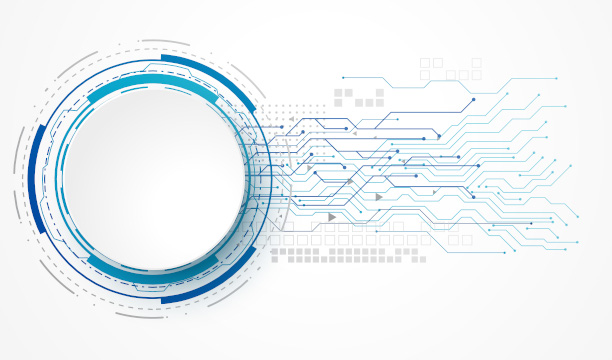
Life in the Balance
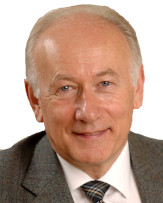
Professor Robert Pickard
Cardiff University
3rd February 2021
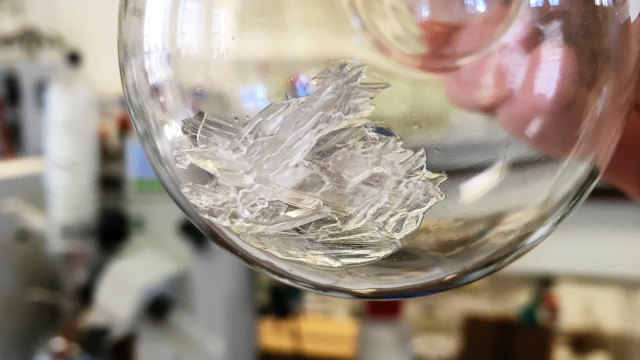
Shape, Form and Architecture in the Crystalline World
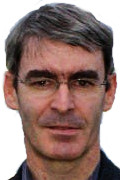
Professor Kenneth Harris Cardiff University
17th February 2021
In collaboration with the Institute of Physics
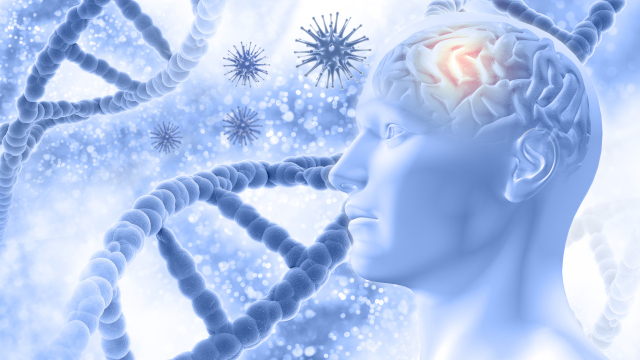
Huntington's Disease: Genetics, Ethics and Hope for the Future
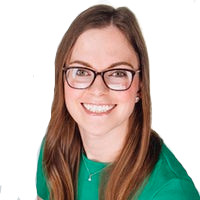
Dr Emma Yhnell Cardiff University
3rd March 2021
In collaboration with the Royal Society of Biology
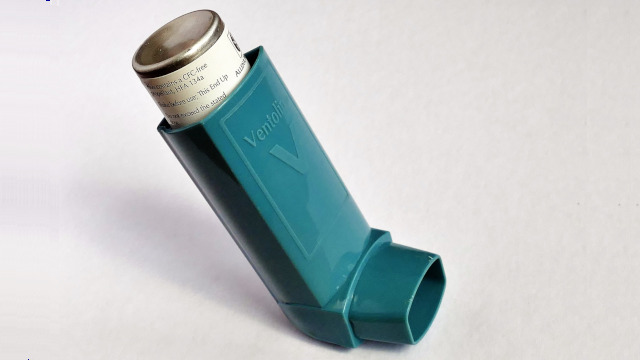
The Air We Breathe: Aerosols for Good and Bad
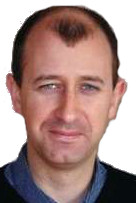
Professor Jonathan Reid
University of Bristol
17th March 2021
In collaboration with the Royal Society of Chemistry

Man Made Global Warming or Natural Climate Change?
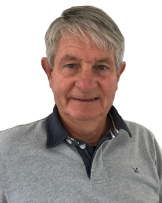
Professor Charles Harris
Cardiff University
31st March 2021
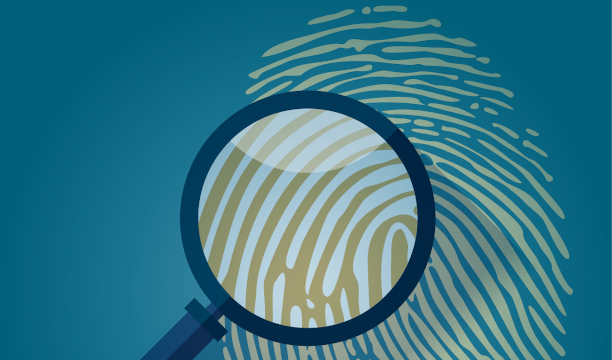
DNA Fingerprinting, Forensics and Crime

Dr Rhian Morgan
Wales Gene Park
14th April 2021
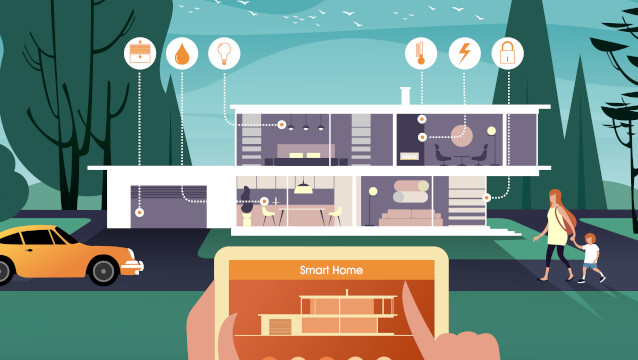
Domestic Science: Folk Physics and Automation in the Pursuit of Home Comforts
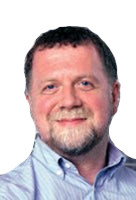
Professor Chris Tweed
Cardiff University
28th April 2021